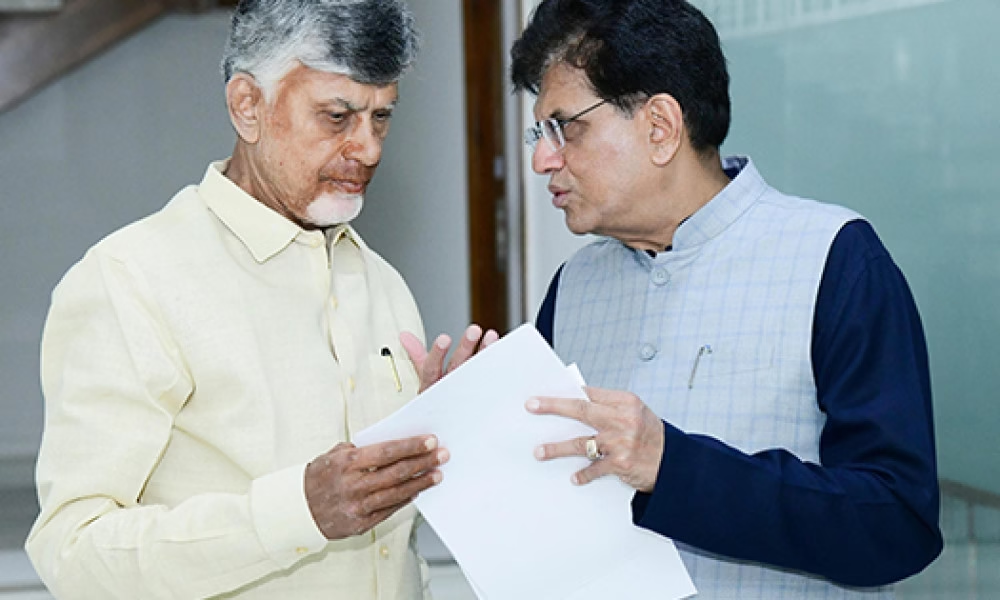
India’s recent efforts to push Pakistan back onto the Financial Action Task Force grey list have met with failure. The FATF, an international organization that works to combat financial crimes, chose not to downgrade Pakistan’s status. Instead, it decided to keep the country under a reporting mechanism, which acknowledges Pakistan’s continued progress in tackling money laundering and terrorist financing.
During the latest FATF meeting, India rallied its representatives to lobby for Pakistan’s re-inclusion in the grey list. However, their efforts were thwarted as Pakistan received solid backing from crucial allies, including China, Turkey, and Japan. These countries played a significant role in blocking India’s attempt, helping Pakistan maintain its current standing.
Insider sources have divulged that India, with support from Israel, sought to use the FATF platform as a means to diplomatically isolate Pakistan. Despite these efforts, most member states dismissed India’s claims, labeling them as politically motivated. Instead, many praised Pakistan for its ongoing reforms in anti-money laundering and counter-terrorist financing systems.
Finance Minister Muhammad Aurangzeb weighed in on the situation, calling India’s attempt another diplomatic failure. He emphasized that the international support for Pakistan reflects a significant level of trust in its commitment to financial transparency and reform. Furthermore, he announced that the World Bank has approved funding for the Reko Diq mining project, showcasing further international confidence in Pakistan’s economic trajectory.
India had intensified its campaign against Pakistan following Operation Bunyamum Marsoos, utilizing its diplomatic missions to spread negative narratives. Yet, these efforts failed to resonate within the international community, as FATF members prioritized Pakistan’s technical progress over what seemed like politically charged pressure.
The FATF continues to monitor Pakistan through its reporting framework, ensuring that the country remains on the right track in terms of financial regulation. Pakistan itself is focused on strengthening its financial systems and preserving the global trust it has worked hard to rebuild.
India’s failure to sway the FATF illustrates a broader trend: countries often push their motives on international platforms but can be thwarted by collective support for a member state. In the case of Pakistan, its bilateral supporters articulated a unified front that highlighted the need for objective assessment based on progress rather than geopolitics.
This outcome is reminiscent of other instances in the international arena where diplomatic lobbying has not yielded the desired results. The emphasis on progress and reform in financial transparency is a crucial message as the FATF continues its mission to combat financial crimes globally. Countries that can demonstrate their commitment to reforming financial systems often find support from a broader coalition of member states.
As Pakistan focuses on its reforms, the backing from key allies has revealed that strategic partnerships can significantly influence outcomes in international affairs. These dynamics are a critical component of global diplomacy, which can often see smaller nations successfully counter larger powers when they present clear narratives of progress.
Overall, Pakistan’s recent fate at the FATF serves as a useful case study of how global coalitions can work in favor of countries striving for legitimacy and reform. Every step taken toward addressing financial irregularities not only safeguards a nation’s interests but also enhances its standing in the international community.
As Pakistan continues to work on strengthening its financial systems, the international community watches closely, potentially setting trends for future engagements within forums like the FATF. The interplay of global politics, financial regulation, and national interests remains as critical as ever in today’s interconnected world.
In summary, the evolving scenario at the FATF highlights the significance of cooperation and support among countries. Despite attempts to politicize issues, the recognition of genuine progress in combating financial crime can foster greater trust and collaboration on the world stage.
Pakistan’s successful navigation through this difficult landscape emphasizes the importance of solid support networks, showing how international allyship can lead to favorable outcomes.










